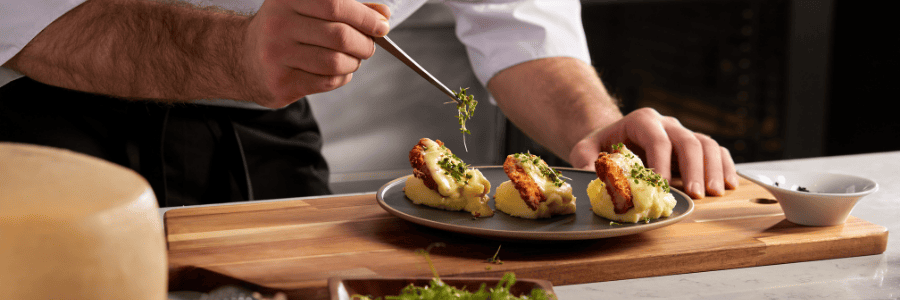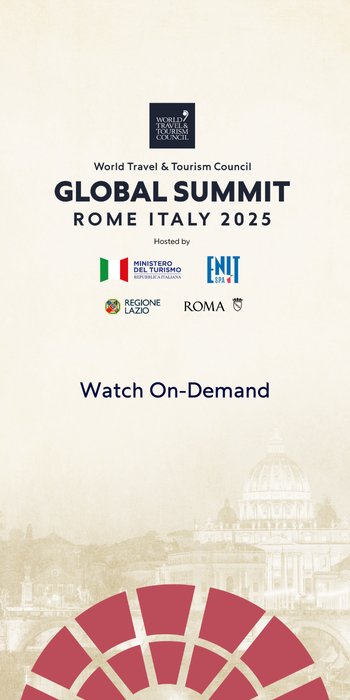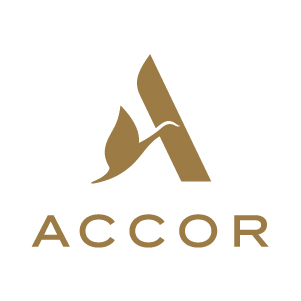“Be the trendsetter, not the follower”: Lessons from Carson Kitchen for SMEs

“We did not just serve food, we served a movement.” That is how Carson Kitchen helped flip the narrative in Downtown Las Vegas from forgotten to flourishing. For small and medium enterprises (SMEs) in hospitality, the story of Carson Kitchen is a masterclass in vision, grit, reinvention, and the art of standing out without screaming for attention.
When Carson Kitchen opened its doors, Downtown Las Vegas was far from the glitz of the Strip. But Cory Harwell, owner of Carson Kitchen (Las Vegas and Salt Lake City) and Eleven Hospitality Group in the USA, saw more than vacant lots. Inspired by Zappos founder Tony Hsieh’s mission to revitalise the area, Harwell and his team laid the foundation for a restaurant built on bold flavours, authentic vibes, and neighbourly connections.
Sign in to access actionable insights
“We did not just serve food, we served a movement.” That is how Carson Kitchen helped flip the narrative in Downtown Las Vegas from forgotten to flourishing. For small and medium enterprises (SMEs) in hospitality, the story of Carson Kitchen is a masterclass in vision, grit, reinvention, and the art of standing out without screaming for attention.
When Carson Kitchen opened its doors, Downtown Las Vegas was far from the glitz of the Strip. But Cory Harwell, owner of Carson Kitchen (Las Vegas and Salt Lake City) and Eleven Hospitality Group in the USA, saw more than vacant lots. Inspired by Zappos founder Tony Hsieh’s mission to revitalise the area, Harwell and his team laid the foundation for a restaurant built on bold flavours, authentic vibes, and neighbourly connections.
“We knew if we built a place where the food was opinionated, the service was warm and familiar, and the vibe was exciting and new, we’d capture locals and tourists alike,” says Cory. In just a decade, Carson Kitchen went from a risky gamble to a destination restaurant, helping lead the charge in revitalising Downtown Las Vegas.
Turning a restaurant into a destination
For SMEs grappling with visibility, Carson Kitchen’s strategy offers a roadmap. Instead of fearing the review sites, Cory embraced them. “We knew we needed to be at the top of every list and every search,” he shares. The team leveraged social media, user-generated content, and proactive reputation management to make Carson Kitchen an Instagrammable, must-visit spot.
The restaurant also wove itself into the fabric of the neighbourhood. From designing a dessert just to source donuts from a local baker to buying plateware from nearby artisans, every choice added depth to the brand’s story. These hyperlocal collaborations fuelled a sense of community and made the restaurant part of a larger local narrative that tourists wanted to experience.
When the pandemic hit, the hospitality industry was devastated. But Carson Kitchen did not retreat. Salaries were paid as long as possible. Grocery bags were distributed weekly to staff. The team converted courtyards into safe, outdoor dining areas, redesigned menus for freshness and efficiency, and focused relentlessly on guest safety. “We knew that we had to win the battle of perception in order to win the war,” Cory explains.
Consistency over complexity
Cory’s message for small restaurateurs chasing complexity in a bid to stand out is that brands want hip and trendy, but they also want manageable and consistent. Whether helping launch restaurants in global hotel chains or guiding new entrepreneurs, his approach is grounded in sustainability. “Don’t create drink recipes with 17 ingredients or menus that require days of prep. Make something memorable, not maddening,” says Cory.
Cory has one golden rule when it comes to branding. “Tell a story. It sounds simple, but it is not easy. A compelling story is a thread that runs through the concept, the menu, the staff culture, and the customer experience,” says Cory.
When you build a story your team believes in, it transforms service into hospitality. It turns a meal into a memory. For SMEs in crowded travel destinations, this kind of narrative depth is the differentiator.
Finding the right expansion fit
As Eleven Hospitality grew into Salt Lake City and Atlanta, the team refined its expansion strategy. The goal was to find underserved markets where their concept could thrive without oversaturation. For SMEs, this data-informed approach to growth, evaluating restaurant density, revenue per square foot, and regional demand, can mean the difference between scaling smart and scaling shaky.
Tourism can make or break a restaurant. Carson Kitchen understood this early and partnered directly with destination marketing organisations. From hosting FAM trips to attending trade shows with local tourism boards, they made sure their restaurant was top-of-mind for event planners, influencers, and visiting guests.
SMEs can do the same. “Start by reaching out to local tourism offices, offering value for large bookings or conventions, and being open to cross-promotion. Create your brand, tell your story, and be the trendsetter. The world needs originality. Be the one everyone else copies,” says Cory. Let Carson Kitchen’s journey remind you that small businesses need not be loud; they need to be unforgettable.

















